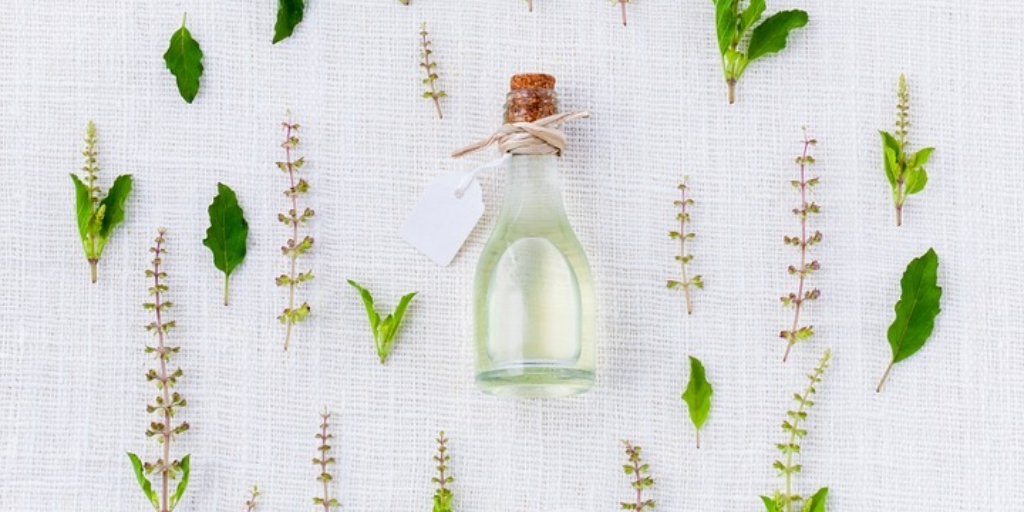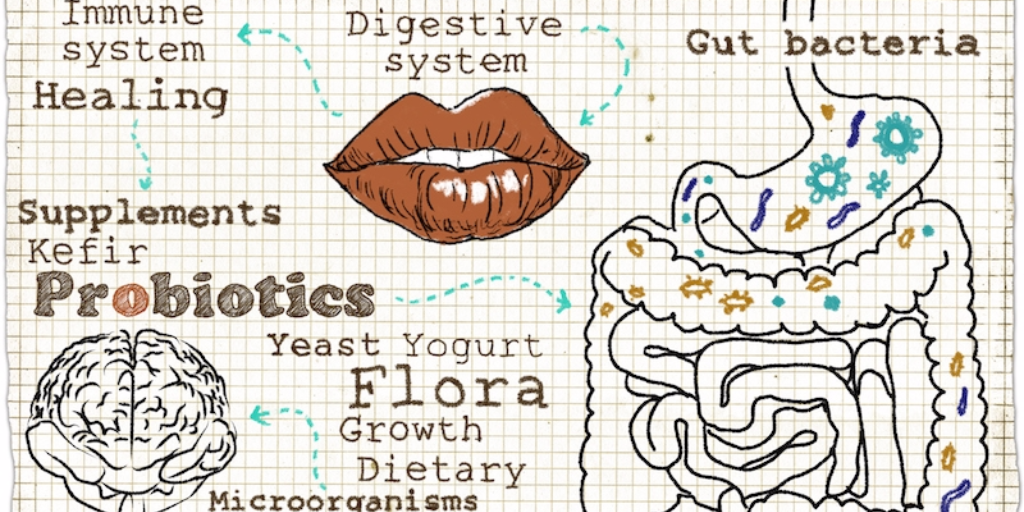Blog — bacteria
Alison Bell
Why Probiotics are Beneficial for Gut Health
Written by Sherridan Austin. There has been a real buzz about probiotics over the past two decades as people have recognised their importance when it comes to gut health. When we consider that humans are made up of 90% microbes and 10% human cells, it’s clear that we should try to support these microbes as best we can to prevent and treat disease – and probiotics are a good way to do this. How Probiotics Work to Benefit Your Gut The term ‘probiotics’ derives from the Greek language and translates to ‘for life’. (Interestingly, the term ‘antibiotics’ in fact means ‘against...
Alison Bell
Hippocrates - The Man Knew What He Was on About
Born around 460BC, Hippocrates was from Kos in Greece. Regarded as the greatest physician of his time, he is often referred to as the Father of Modern Medicine. [1] He was the first person to remove the link between religious superstition and medicine. He achieved this by establishing medicine as a science based on observation. Hippocrates also developed an understanding of how health is often influenced by the environment, by diet and by the failure of bodily functions. In short, he was a very smart man who knew his stuff and was ahead of his time. In addition to the all this,...
Alison Bell
How Gut Flora can Impact Children’s Behaviour
The Gut Flora–Disease Connection Written by Dr Leila Masson There has been an increasing amount of talk about the connection between our gut flora and disease. Gut Flora is Linked to Mood… Recently the research has widened to include the effect on behaviour, mood and feelings. Two recent studies reflect the important role the gut-brain connection plays in children. Article 1: Toddler Tantrums May be Due to Their Gut Flora Gut Bacteria and Happiness In this first study, scientists found that toddlers with the highest variety of gut bacteria were more likely to be happy, curious, sociable and impulsive (I...
Alison Bell
Smudging: How Burning Sage Actually Kills Bacteria In The Air & So Much More
Written by alternativemediasyndicate.com I strike a match and hold it up to a bundle of dried sage. A flame ignites, and I let it burn for a moment, then blow it out. A cleansing dark blue-to-white ombré of smoke swirls around the room, purifying the space. And I don’t mean that energetically or symbolically. As it turns out, smudging—as the ancient practice of burning sage and other herbs is called—appears to have antiseptic, bacteria-killing properties. The results of a study that set out to examine the potential uses of smudging in Western medicine were published in a 2006 scientific paper titled...





